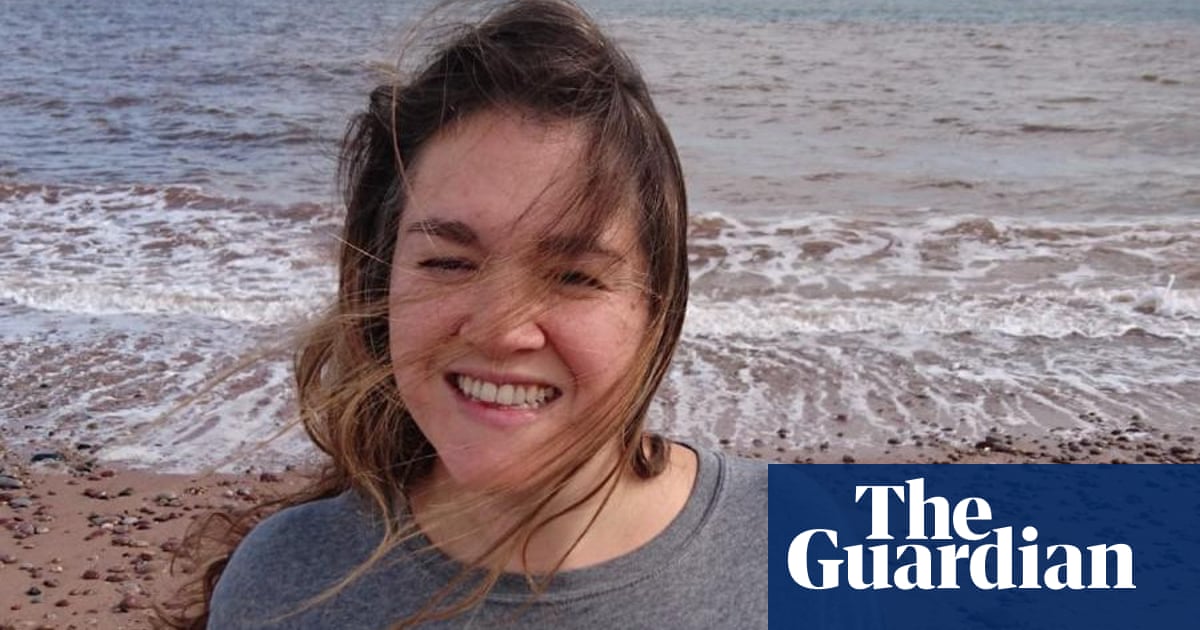PRISTINA, Kosovo — Many non-governmental organizations in the Western Balkans have been left stranded after U.S. President Donald Trump abruptly froze foreign aid for three months.
Some of the groups rely on funding from the U.S. Agency for International Development, or USAID, to serve marginalized communities. Other funding has been used to promote vital reforms in the judiciary and in the finance and energy sectors.
In Kosovo, USAID has promoted economic growth, assisting small and medium-sized businesses, and the country’s integration into the European Union and Euro-Atlantic institutions. The United States has invested $2 billion (1.93 billion euros) in Kosovo since 1999, including over $1 billion from USAID.
After Trump’s order, all programs and grants without a waiver approved by the secretary of state using foreign assistance funding are paused. Only life-saving humanitarian assistance programs should continue or resume work, according to a USAID’s response to The Associated Press.
Blendi Hasaj of the GAP Institute, a public policy think tank, said USAID has suspended funding for 18 projects worth about $162 million, impacting public institutions involved in taxation, procurement processes and other areas.
Ariana Qosaj Mustafa, chair of the Kosovo Women’s Network, an umbrella for around 140 nongovernmental organizations, said some organizations have had their funding stopped.
“Everybody is uncertain what will happen and how this will continue,” she said. “This is very worrisome, especially in our area, where we have instability, and financial instability can cause even more potential unrest.”
Freezing funding for gender and diversity-related projects is of special concern in the conservative country. U.S. assistance has supported women’s groups, women’s rights, property rights, economic development and more.
“This might leave women’s groups stranded and unsupported,” Mustafa said. “We need to see what will happen and how gender and diversity will be continued — in what forms.”
“This will be a strong signal to the European Union to actually extend more support, not just financially, but any kind of support,” she added.
Kosovo-Serbia ties remain tense since the end of the 1998-1999 war between Serbian government forces and ethnic Albanian separatists in Kosovo, which left about 11,400 dead, mainly ethnic Albanians, and pushed Serbian forces out. Serbia does not recognize Kosovo’s independence, proclaimed in 2008.
Efforts by the EU and the United States to normalize Kosovo-Serbia have brought little change.
Milorad Dodik, president of a Serb-dominated part of Bosnia, hailed the suspension of U.S. foreign aid, which he said was used to “dehumanize” societies and “eliminate” politicians throughout the world.
Emina Bosnjak, executive director of the Sarajevo Open Center, said many marginalized groups will experience negative impacts because discrimination, violence and hate speech were subjects that USAID promoted awareness and engagement on.
“Stronger narratives that stand against human rights and stand against democracy and rule of law will actually become more visible,” she said.
The European Commission is following closely developments concerning USAID assistance to Western Balkans, a spokesperson said.
“Once there is clarity as to the scale and focus of USAID in the future, the Commission will assess any potential impact on our objectives,” it said in a response to The Associated Press.
___
Semini reported from Tirana, Albania. Eldar Emric contributed from Sarajevo, Bosnia.
Article by:Source:













